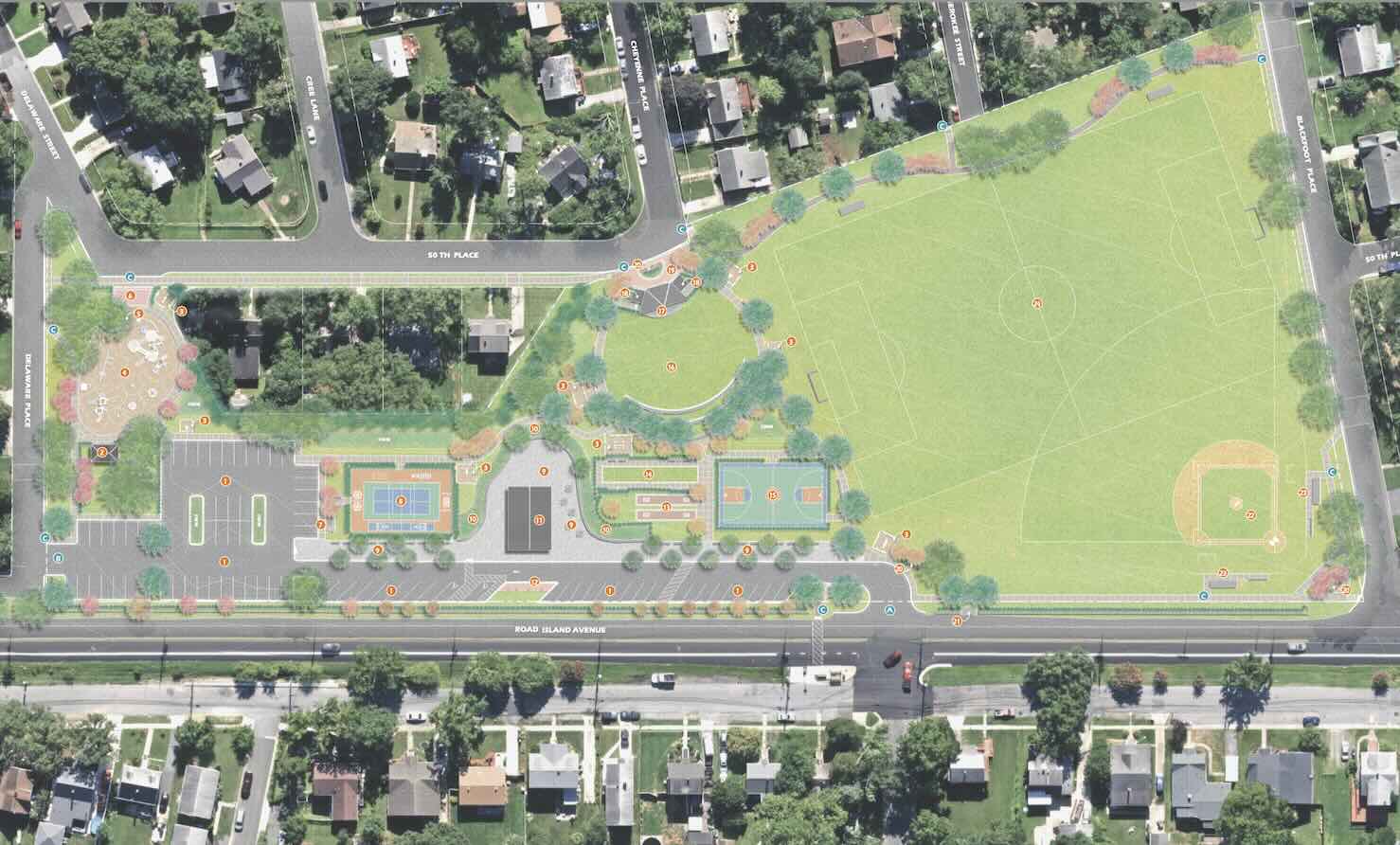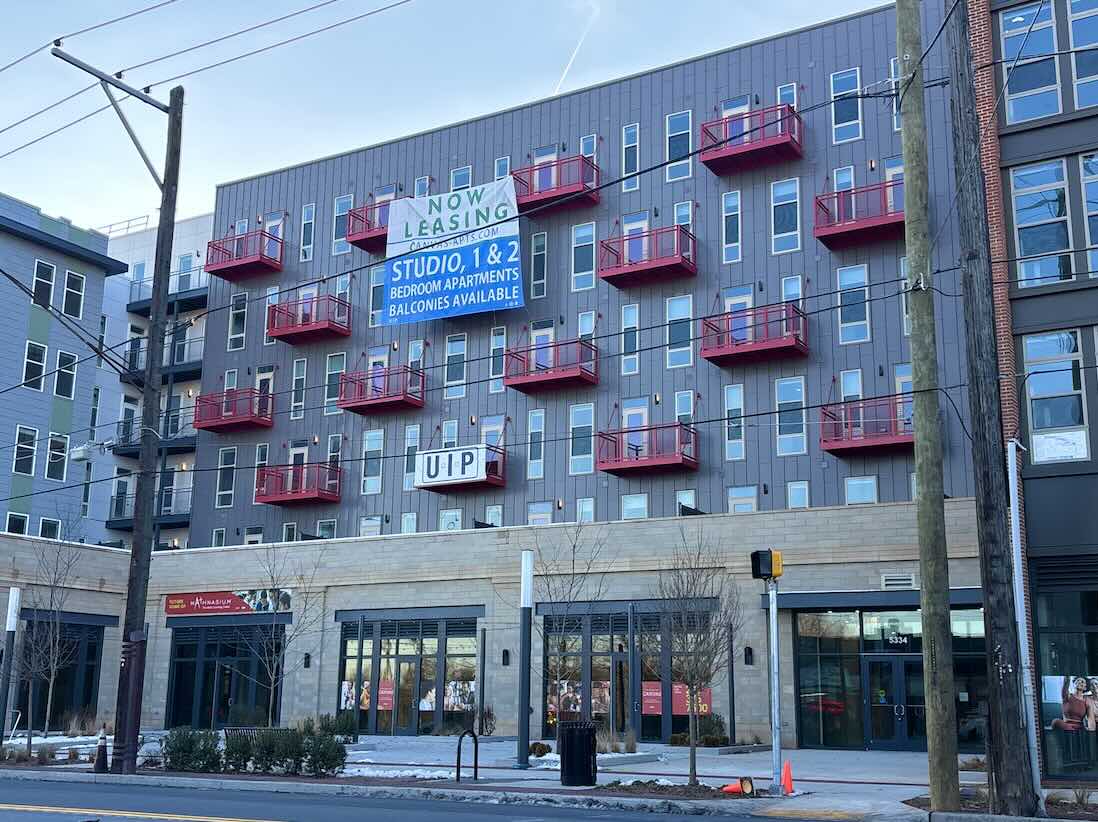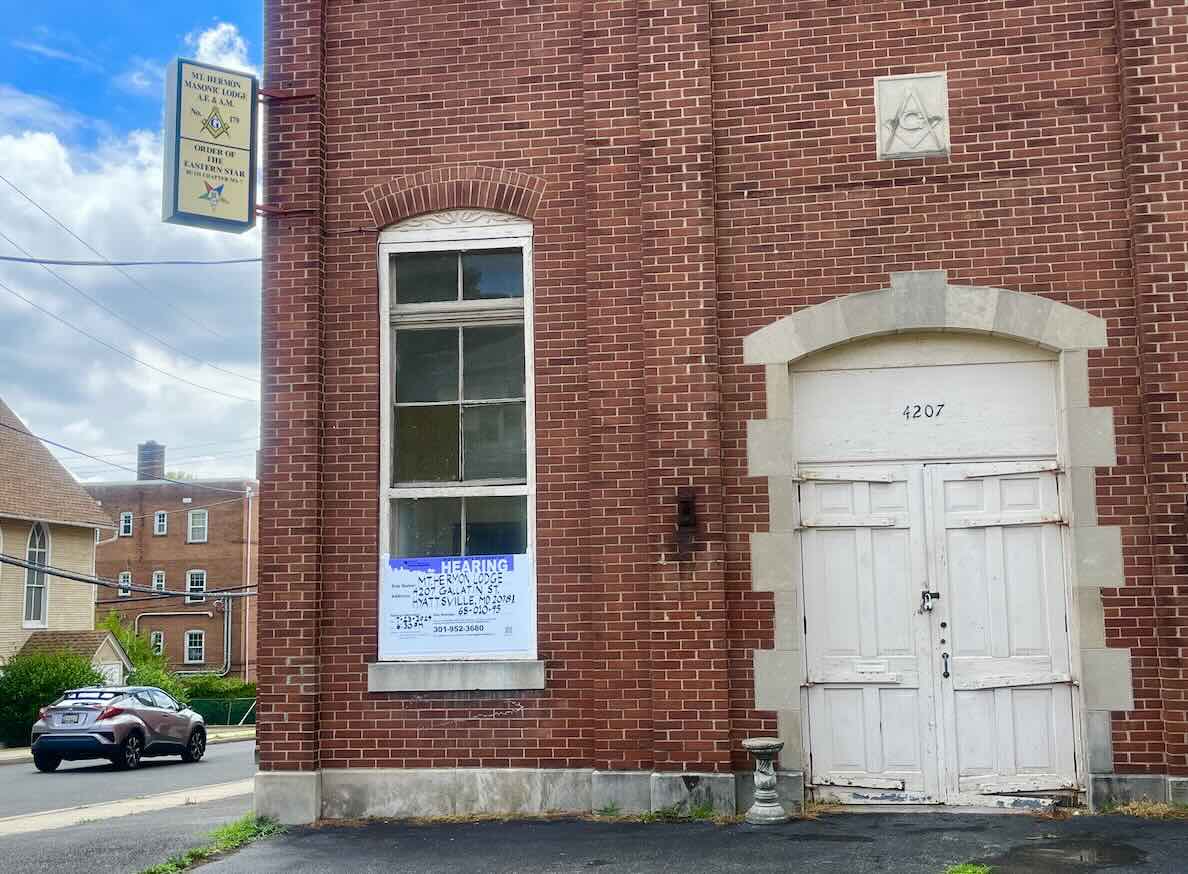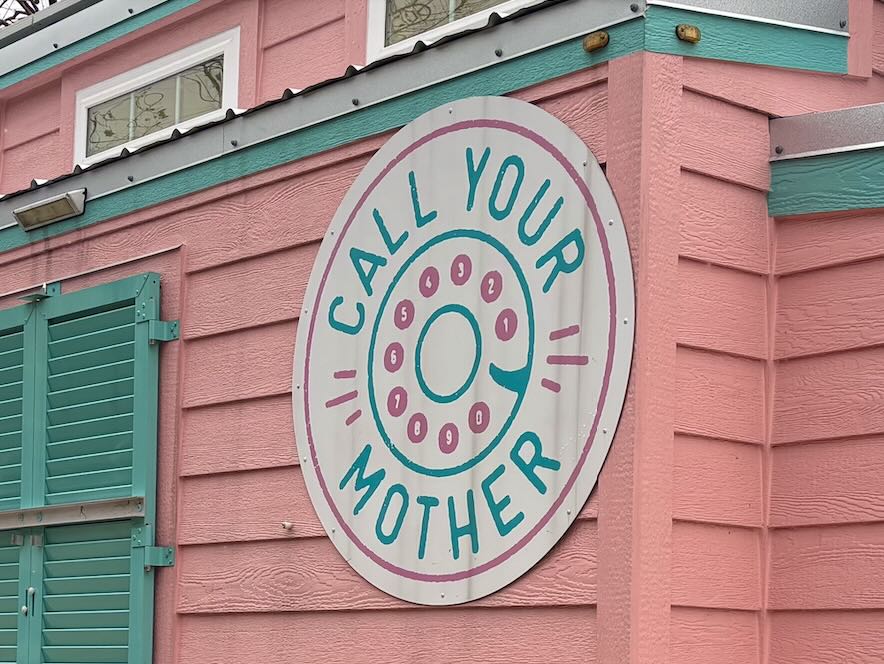In the middle of the busy intersection at Bladensburg Road and Baltimore Avenue stands the Bladensburg Peace Cross, which was erected in 1925 and honors residents of Prince George’s County who died in World War I. It is now at the center of a controversial debate.
Depending on your point of view, it’s either a historic monument, an unconstitutional mingling of church and state, or both. The American Humanist Association, a secular humanist group, has fought a years-long legal battle to have it removed or altered, finally succeeding in March, when a federal court refused to reconsider a lower court ruling that the cross was a violation of the First Amendment ban on a government establishment of religion.
“Nothing in the First Amendment empowers the judiciary to conclude that the freestanding Latin cross has been divested of this predominantly sectarian meaning,” wrote Judge James A. Wynn Jr., speaking for a court divided 8-6.
In a dissent in American Humanist Association v. Maryland-National Capital Park and Planning Commission, Judge J. Harvie Wilkinson III wrote that it did not make sense to “roil needlessly the dead with the controversies of the living.”
“This memorial and this cross have stood for almost one full century,” he wrote. “Life and change flow by the small park in the form of impatient cars and trucks. That is disturbance enough.”
The cross was constructed by a group of mothers to honor their sons and others from Prince George’s County who had died in World War I, modeled after the foreign memorials such as the poem “In Flanders Fields.” (The poem also sparked the practice of wearing poppies on Memorial Day in honor of the dead.)
Eight Maryland state senators are now asking the Supreme Court to weigh in on the case, in hopes that it will spare the cross. The stakes are high: One of the dissenting judges argued that the ruling, if left to stand, could be used to go after other religiously influenced monuments, including those in Arlington National Cemetery, and that has been a central concern of religious groups which support the cross.
They join a group of 109 members of Congress, including Republican Sen. Ted Cruz, who have signed a similar petition to the nation’s highest court. Maryland Gov. Larry Hogan and Attorney General Brian Frosh would also like to appeal the case to the Supreme Court.
If their petition fails to sway the Supreme Court to take the case, it will fall to a lower court to decide the memorial’s fate.



















Those who seek to remove the Cross Monument are representatives of the immature, activist mindset that have set themselves up as victims of some imaginary foe. This is a test of their first step.
Do we stand for our history and traditions, or cave to childish tantrums?
Not everyone in hyattsville is Christian. Let’s embrace our cldiverse community and respect each other. Replace the cross with a memorial that keeps Church and state apart as it should be.